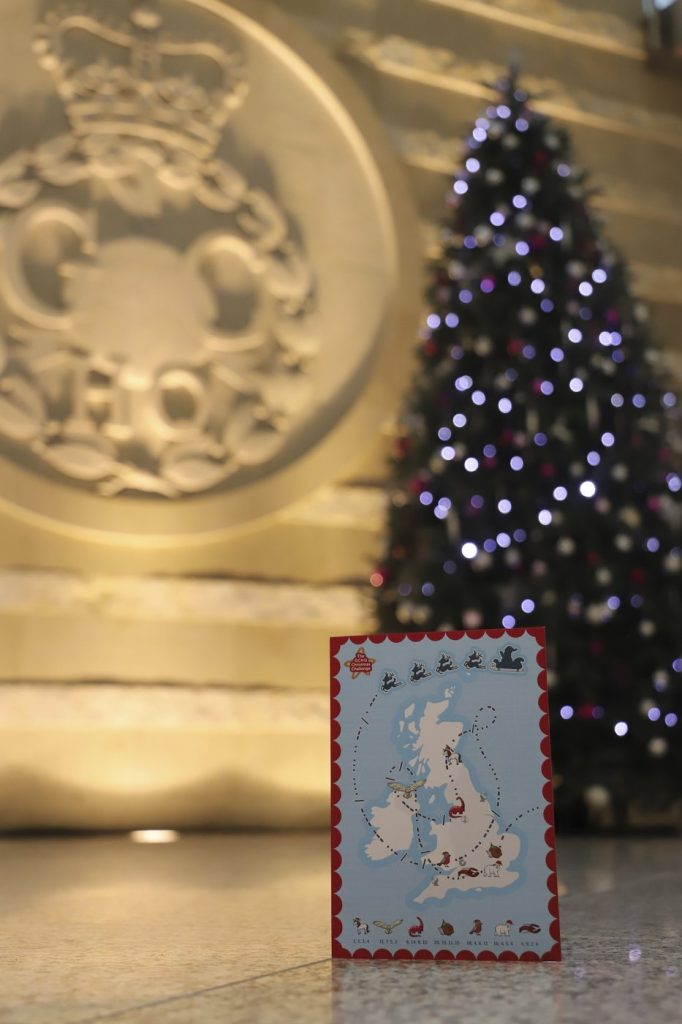UK spy agency releases annual Christmas card puzzle to uncover future codebreakers

Posted Dec 11, 2024 09:35:28 AM.
Last Updated Dec 11, 2024 09:45:42 AM.
LONDON (AP) — What does a spy agency give for Christmas? How about a riddle wrapped in an enigma inside a mystery.
GCHQ, Britain’s electronic and cyber-intelligence agency, on Wednesday published its annual Christmas Challenge – a seasonal greeting card that doubles as a set of fiendishly difficult puzzles designed to excite young minds about solving cyphers and unearthing clues.
The challenge is aimed at young people aged 11 to 18, who are encouraged to work in teams and use “lateral thinking, ingenuity and perseverance” to crack the seven brainteasers set by GCHQ’s “in-house puzzlers.”
The card is sent by the head of GCHQ — short for Government Communications Headquarters — to other national security chiefs around the world. Puzzles were first included in 2015 and have become an annual tradition. The card can be downloaded from the GCHQ website, and has become popular with teachers – the agency says a third of British secondary schools have downloaded it.
The agency admits the festive fun has an ulterior motive.
GCHQ Director Anne Keast-Butler said she hoped the card would inspire young people to explore STEM subjects – science, technology, engineering and mathematics – “and to consider what a career in cybersecurity and intelligence might have to offer.”
“The Challenge has been designed for a mix of minds to solve, so is best tackled in groups of classmates, families or friends,” she said. “Whether you have an analytical mind, a creative brain or prefer engineering, there’s something for everyone.”
The card features a map of the U.K., linked to the locations where GCHQ has bases, including its high-tech headquarters in Cheltenham, western England, nicknamed the doughnut because of its shape.
Many British people are keen puzzle-solvers, and the link between puzzlers and spycraft is often celebrated – notably in the many books, films and TV shows about Bletchley Park, a complex of buildings and wooden huts northwest of London where, during World War II, hundreds of mathematicians, cryptologists, crossword puzzle experts and computer pioneers worked to crack Nazi Germany’s secret codes.
Historians say their work shortened World War II by as much as two years.
Jill Lawless, The Associated Press








